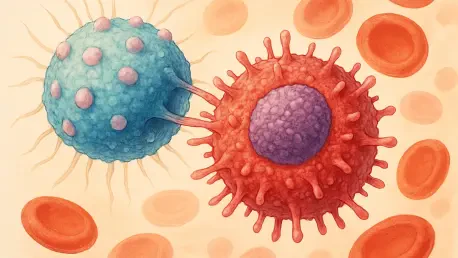
For over 20 years, the medical community has been exploring innovative ways to combat acute myeloid leukemia (AML), a devastating blood cancer notorious for its aggressive progression and high relapse rates despite treatments like chemotherapy and stem cell transplantation. Among the most promising

Imagine a world where a simple blood draw could reveal not just health risks, but also how physically fit an aging individual is, offering a window into their overall vitality and providing a groundbreaking tool for personalized care. For many older adults, maintaining mobility and strength is a
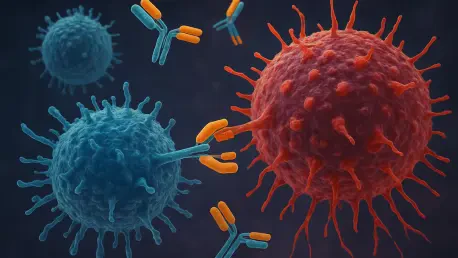
In a world where cancer remains one of the most formidable health challenges, groundbreaking research is shedding light on innovative ways to harness the body’s own defenses to combat this disease and improve patient outcomes. Recent studies have unveiled a promising strategy that focuses on
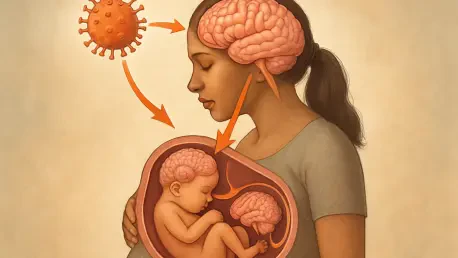
The intersection of severe influenza during pregnancy and its potential to harm fetal brain development has emerged as a critical concern for both expectant mothers and medical professionals, prompting urgent attention. A pioneering study conducted by researchers at the University of Illinois
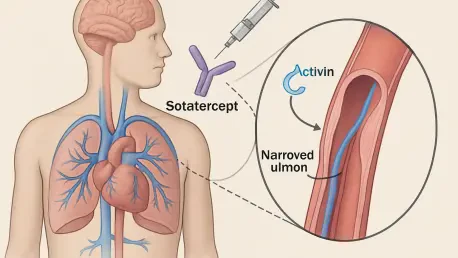
Pulmonary arterial hypertension (PAH), a life-threatening condition characterized by dangerously high blood pressure in the lung arteries, has long posed significant challenges for patients and clinicians alike due to its progressive nature and limited treatment options. Enter sotatercept, a
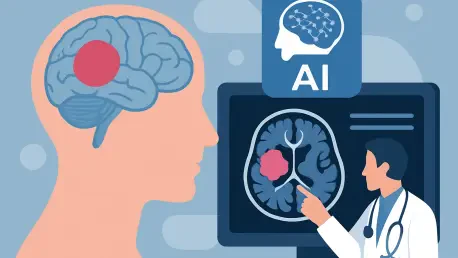
What if a surgeon could instantly determine, mid-operation, whether a brain tumor is a deadly glioblastoma or a treatable lymphoma that demands an entirely different approach? This question isn’t just a thought experiment—it’s a life-or-death reality for thousands of patients undergoing brain